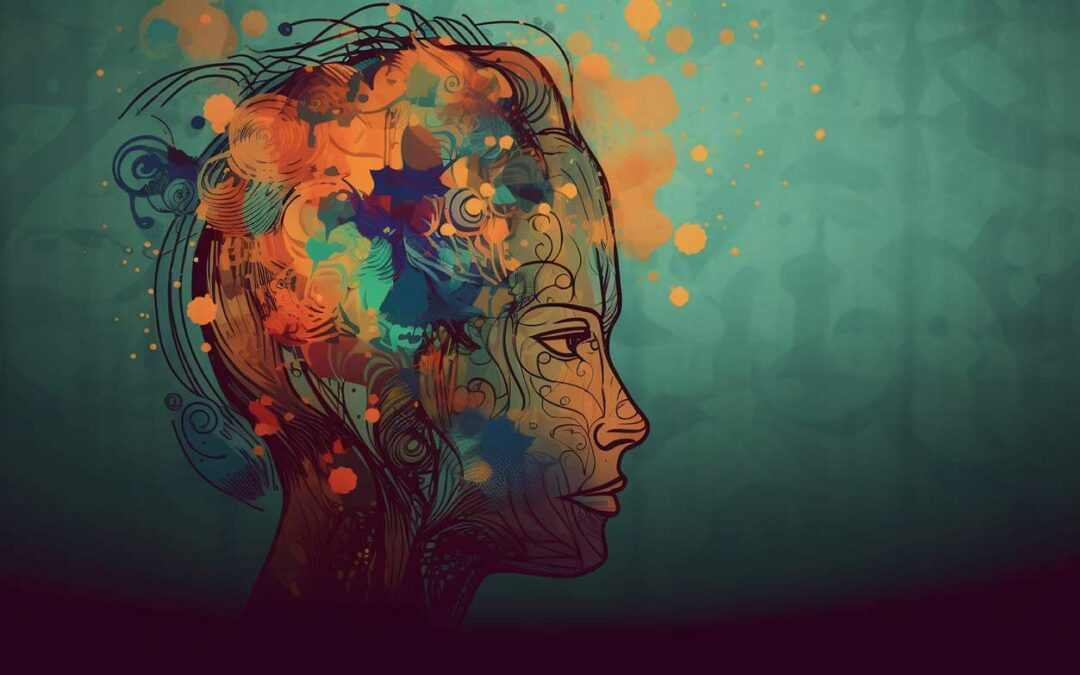As the pressures of the modern world continue to pile up, millions of people across the globe grapple with anxiety disorders. Conventional treatment methods often involve a blend of psychotherapy and medication. However, a growing body of scientific research is pointing towards alternative methods of treatment, such as yoga, as highly beneficial for managing and even overcoming anxiety.
Yoga: An Ancient Practice With Modern Relevance
Originating from ancient India, yoga has long been recognized for its benefits to physical health, flexibility, strength, and overall well-being. More recently, however, the mental health benefits of yoga are becoming increasingly recognized and valued. The unique combination of physical postures (asanas), breathing exercises (pranayama), and meditation are seen to have significant positive effects on mental health, particularly for those dealing with anxiety.
Scientific Evidence: Yoga and Anxiety
A growing body of scientific literature supports the efficacy of yoga as a complementary treatment for anxiety. In 2020, a study published in the Journal of the American Medical Association (JAMA) Psychiatry found that yoga can help to significantly reduce symptoms of generalized anxiety disorder. The study further highlighted that the benefits of yoga go beyond those of standard stress management education.
In another meta-analysis published in the British Journal of Sports Medicine in 2019, researchers found that yoga might be a feasible and effective adjunctive treatment for mental health disorders, especially when used in combination with standard treatments.
How Does Yoga Help with Anxiety?
Yoga promotes mindfulness, the practice of being in the present moment without judgment. The combination of asanas and pranayama can help quiet the mind, leading to a reduction in the stress response, which is often overactive in individuals with anxiety disorders. This can lead to an overall reduction in feelings of fear and worry, common symptoms of anxiety.
Yoga also encourages deep breathing, which can have a soothing effect on the body’s nervous system, helping to reduce symptoms of anxiety. It induces a state of relaxation and can help to decrease the heart rate, lower blood pressure, and ease respiration.
Yoga as Part of an Integrated Approach
While the research into yoga as a standalone treatment is promising, it is important to emphasize that yoga is not a substitute for professional medical advice or treatment. Yoga is most effective when used as part of an integrated treatment plan that may also include cognitive-behavioral therapy (CBT), medication, and other forms of physical activity.
Before starting a yoga regimen, individuals with anxiety should consult with their healthcare provider or a mental health professional. They can provide advice on how to integrate yoga into a broader treatment plan that is tailored to the individual’s needs.
Conclusion
As we continue to understand the intricate connection between the mind and the body, yoga stands out as a promising complementary treatment for anxiety. Its ancient wisdom, combined with modern scientific understanding, allows for a holistic approach to managing anxiety, promising a healthier, more balanced life for those who practice it.
The medical recognition of yoga’s benefits for treating anxiety continues to grow, and it’s heartening to see traditional methods being used to combat modern problems. As with any treatment, the key lies in a holistic, personalized approach, taking into account the unique needs and circumstances of each individual. It’s clear that yoga has a lot to offer, and its role in anxiety management is just beginning to be fully understood and appreciated.

